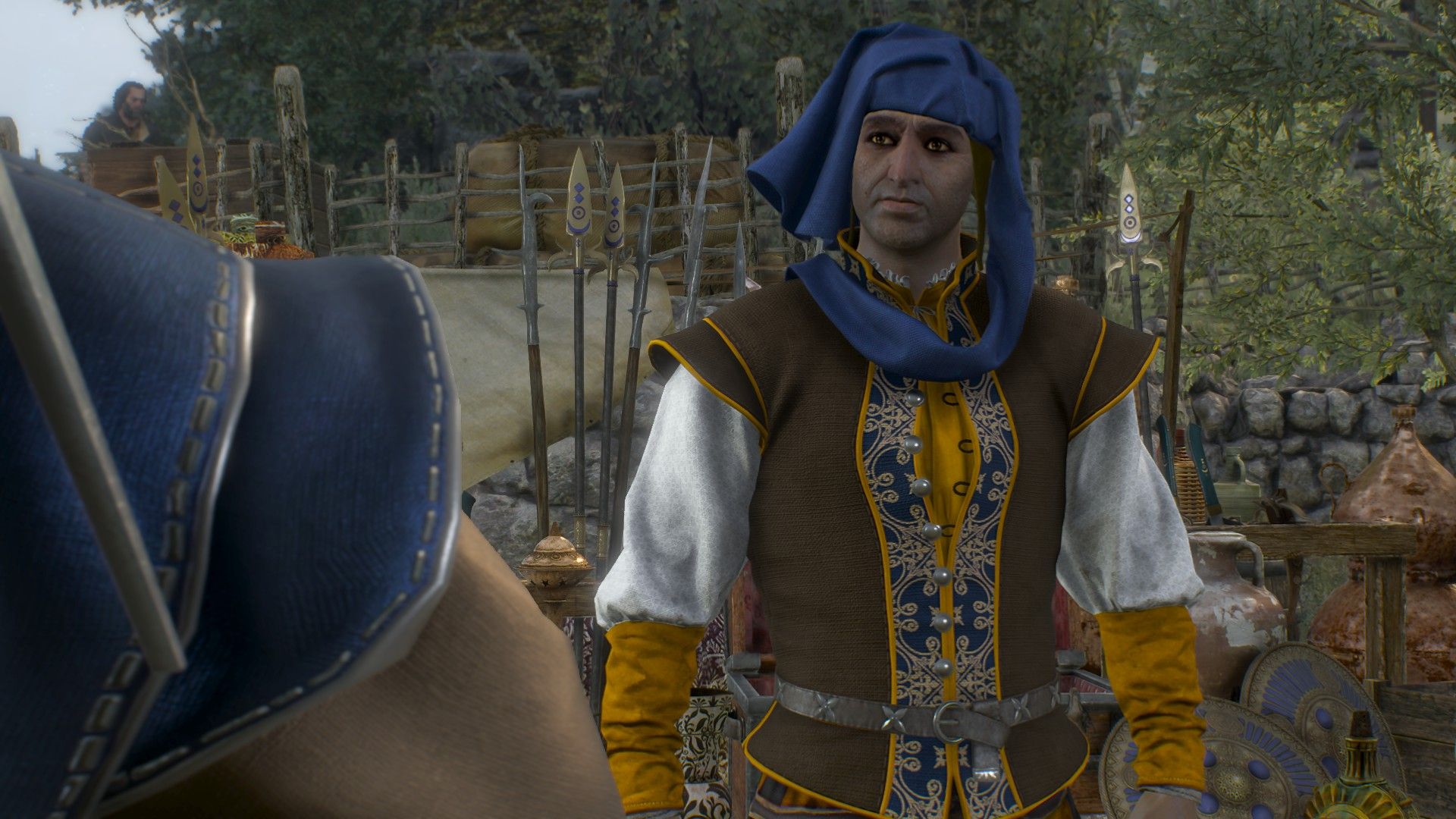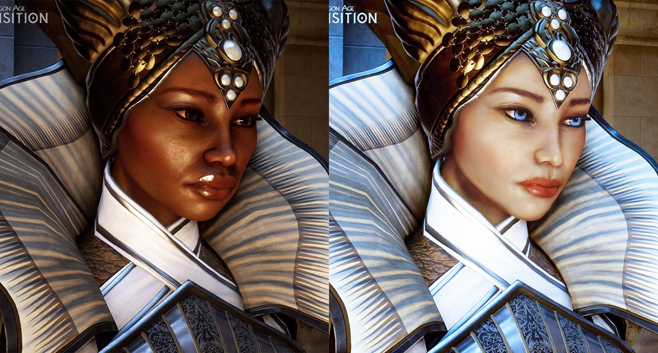That someone at some point in history interpreted something in some manner doesn't mean that narrative is present today.
Sir, in the original quote I literally say "during the Czech National Revival".
You say that as though it's a bad thing. They took on most of Europe and won – any country that scoffs at such a feat is a country of cucks.
They were a bunch of raiders, pillagers, thieves, and rapists. They destroyed many monuments - monasteries, churches, and commited not just one massacre. Their military might is commendable.
Again, if you want to admire them for brute strength and cunning, ok. I don't think that's the idea most people who admire them have, however.
Oh, so if even one of them is German, then "you have german ancestors"?

I'm sorry to inform you, but using such metrics, every german has french, Dutch, Italian, Spaniard, Polish, Greek, Russian, etc. ancestors, and most of them probably also some Turks and niggers, maybe even asians...

If a Šmíd had a German ancestor 600 years ago and had only intermarried with Czechs since then, I really won't consider that german ancestry to be relevant in the least, sorry.
Alright, do you sincerely believe you do not have German ancestors in the last 200 years? That's a bit delusional, especially since you say you live in Sudetenland. Literally every third person living in Bohemia used to be German. It's next to impossible to avoid partial ancestry in a land like that, all the more so since both peoples look the same, and people often spoke both languages.
Not to mention that language isn't a good way of measuring someone's ancestry. People adapt their family names all the time. One could marry Ethopian neggresses for generations and retain the original family name in the line.
The genetic makeup of what is today the Czech population has obviously been impacted by the 800 years or so of living with Germans.
Maybe if you cherrypick some regions. I happen to live in Sudetenlands, and it's quite fine. Also this whole line of argument is highly fallacious – I assume you're German, so you should know well and good that no amount of economic development can justify compromising your nation with foreigners. Or are you one of those germans "thankful" for turks who have come to "rebuild" the country after WW2?
My ancestry is varied. Since it's partially Czech, and I speak Czech, I partake in this conversation with great interest.
Some my ancestors served dutifully under the emperors of old as they did under the Führer, including the Slavic ones. For me, sensible and positive Czech nationalism is that of "Reich Nationalism" as it used to be called, or the "Austro-Slavism" of František Palacký.
We both know that the foreigners in Germany today are biologically not exactly on the same level as Germans and Czechs, so no, I do not appreciate them. I wouldn't mind a Czech in Germany just as I wouldn't mind a German in Czechia.
Unfortunately, it is less anti-german with each passing decade. Listen, my libtard friend, if a culture gets too buddy-buddy with its neighbours, it ceases to exist. You as a German should know this – think of all the various german cultures in the HRE that all died a dog's death upon German unification, replaced by some overarching amalgamation. It was nothing short of a cultural genocide, and it almost took out Austrians too – had WW2 turned out differently, there'd be no Austrians anymore, only more Germans. It is important for any culture to cultivate a healthy amount of disdain for all its neighbours so as to prevent this fate, especially if said neighbours are more numerous than them. To say Czechs should be less "anti-german" is just code language for "Czechs should cease to exist".
You are right, I believe that more cultures in Europe should be subordinated under a unified vision that actually has the power to resist the global forces of egalitarianism, democracy, and materialism. Europe would have been a prettier place had the Czechs been germanised.
What exactly is this "culture" you speak of? I have spent years living in different European countries. I have yet to find a meanigful cultural difference. Do Czechs paint Easter eggs a little bit different than Germans? Should we wage wars over whether Santa Claus or Baby Jesus brings gifts? Or over how we bake our bread?
Is your way of life not nearly identical to how people live in neighboring countries?
Nationalism is a plague not so different from African tribalism. The idea that you cannot bear to live in the same state as someone who speaks a different language as their mother tongue - not even that in the case of Yugoslavia - but is next to identical in every other way is ridiculous.
Feudal nobles were proud of their actual ancestry. Nationalism, on other hand, was the opium for the masses to feel important. Social classes are hereditary: Degenerates breed with degenerates. Do you truly feel a connection with some random dysgenic Czech living in poverty like a gypsy? Don't you have more in common with a healthy and intelligent Pole, German, Austrian?



















